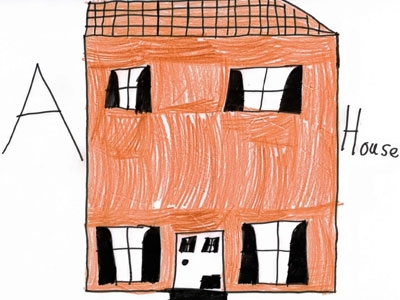
Nine quality standards, which form part of a series of reforms to children’s homes, have been issued for consultation by the Department for Education.
The standards set out the goals children must be supported to achieve while living in residential care including homework, making friends, pursuing hobbies and interests and being supported to maintain a healthy lifestyle.
‘Children’s homes regulations: high expectations and aspirations’
The Department for Education is consulting on three key areas of change:
• The introduction of nine quality standards, which set out in regulations the outcomes that children must be supported to achieve while living in children’s homes.
• Replacement of the current National Minimum Standards with a Guide to the regulations that will explain and supplement the requirements stated in the regulations; and
• Streamlining of the current regulations on administrative processes (e.g. allowing the use of electronic records).
The Department is seeking views from providers on the standards, as well as changes to administrative processes and a replacement of the current guidance on children’s homes regulations.
Edward Timpson, minister for children and families, said: “For the first time ever, all homes will be required to clearly demonstrate how they’re supporting children to achieve to the best of their ability in important areas of their lives including education and health, while raising the bar by working to tougher new standards.
“I want the care system to propel all children to a life full of achievement and self-belief, not leave them feeling isolated, unsupported and vulnerable. These new quality standards will help to do just that – making sure all children receive the best start in life, no matter what their background or starting point.”
The proposed standards, which are due to take effect in 2015, are the second stage of revisions to the 2001 Children’s Homes Regulations.
The changes were announced in 2012 following reports from the Deputy Children’s Commissioner and All Party Parliamentary Inquiry on children who go missing from care, which raised concerns about residential childcare provision.
The first round of reforms came into force earlier this year and focused on ensuring children at risk of going missing were better protected and placed in safe care settings.
The quality standards will also form the basis of the new Ofsted inspection framework, which was delayed earlier this year in order to take account of the new regulation.
But Jonathan Stanley, chief executive of the Independent Children’s Homes Association, said it was vitally important to know how Ofsted would interpret the new reforms in its inspection framework.
“When we are looking at quality of care, both the provider and the inspector need to know that they are both looking at the same thing and seeing it in the same way. That can only be done when one has both the quality standards and inspection framework side by side. At the moment providers are being asked to make a comment on one followed by the other and that’s the problem that we face.”
He said he felt there was still more work needed before the standards truly represented the needs of young people in residential care.
However, Enver Solomon, director of evidence and impact at the National Children’s Bureau, said the new standards would boost up the consistency of high quality care.
“Every child in every residential home should be looked after in the same way that loving parents care for their children and meet their needs. The new quality standards set out by government today are critical to ensuring this happens.”
The consultation will close on 14 November at 5.30pm. Respond online or download a response form and email to chqualitystandards.consultation@education.gsi.gov.uk


 ‘Dear Sajid Javid: please end the inappropriate detention of autistic people and those with learning disabilities’
‘Dear Sajid Javid: please end the inappropriate detention of autistic people and those with learning disabilities’ Ofsted calls for power to scrutinise children’s home groups
Ofsted calls for power to scrutinise children’s home groups Seven in eight commissioners paying below ‘minimum rate for home care’
Seven in eight commissioners paying below ‘minimum rate for home care’ Children and young people with SEND are ‘valued and prioritised’ in Wiltshire, find inspectors
Children and young people with SEND are ‘valued and prioritised’ in Wiltshire, find inspectors 
 Facebook
Facebook X
X LinkedIn
LinkedIn Instagram
Instagram
Privatizing who looks after children removes the safeguards which were put in place to protect them.